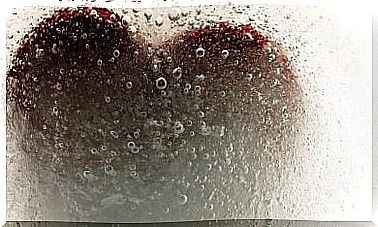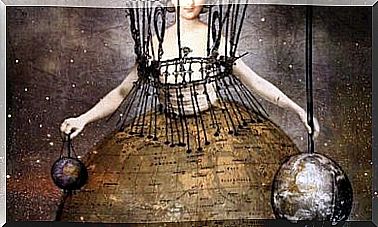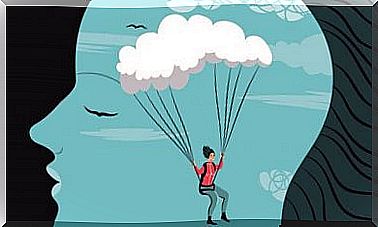What Effect Does Self-abuse Have On Self-esteem?

Self-abuse has the exact opposite effect on self-esteem and is much more common than we think. Many of us draw conclusions about who we are, what we deserve, or, for example, how much value our work has. In contrast to this phenomenon, we, in turn, tend to magnify the mistakes we make.
As a result, we tend to demand more of ourselves, feeling that things could always be done better. As a result, self-esteem may decline. We would despise our own actions, thinking that anyone could have done it better.

How, then, does such behavior develop?
Self-esteem is generally an ability in which we know how to value ourselves. It also involves the challenge of facing negative thoughts that other people might think of us.
Low self-esteem makes us more vulnerable to criticism from others, which increases the likelihood that we will assume other people’s opinions even as absolute truth. It is then that our “internal dictator” begins to evolve: we minimize our achievements, give too much weight to the mistakes we make, and feel ashamed of them.
Self-abuse has its origins in the “internal dictator”
We are subject to the evaluation and criticism of others from birth. The lack of motivation we suffered at an early age significantly affects our ability to defend ourselves from criticism.
If, based on these early experiences, our failures are punished and our accomplishments are somewhat diminished, we will likely see ourselves as a person who does not have the same abilities as other people.
In addition, we feel that avoiding failure plays a significant role in our lives, because if we fail, we should face the judgment and criticism of others. If the motivation to avoid failure becomes more important than achieving achievements, we may lose all the value they can bring us if we do not accept criticism in a constructive sense.
In this dynamic, the critique of others can be internalized so that it makes us see ourselves as inferior to others. Criticism of ourselves, in turn, becomes much more ruthless than the criticism others give us: we can begin to believe that we are not qualified and not worthy of love. Thus, self-abuse has a significant connection to self-esteem, as they go hand in hand: we can believe that our essence is based on our achievements, which in turn are perceived at the same time as of little value.
Where can we see that we are mistreating ourselves?
Self-abuse normalization is very dangerous. In addition to damaging self-esteem, it can also lead to more dangerous forms, such as mood disorders, especially depressive disorders.
Self-abuse is not a phenomenon that comes up overnight. Such aggression towards ourselves has followed in our lives for years. Sometimes it is even difficult for us to recognize criticism from others and ourselves. Once self-abuse has become established in our lives, even the most constructive criticism we receive from others to improve is seen as a failure. How, then, can this manifest in ordinary everyday life? Here are some practical examples:
- Have you ever been advised to do a job differently to achieve better results, and have you just spun in your head the idea of how badly you do it?
- How many times have you paid attention to mere mistakes, even if your efforts have been taken into account?
- Have you ever thought that you are not worth your work and that your supervisors will notice at any moment that someone else could do better than you?

Stop your life to stop your “inner dictator”
The voice of the “internal dictator” can be so loud that it can cripple any action based on our values. If we interrupt the actions we consider valuable, we will fall into the trap of our experience (criticism by others from our early childhood in addition to current criticism). In other words, we base our lives on trying not to fail.
Avoiding failure means that we are unwilling to move out of our comfort zone on our journey toward values. However, we cannot get rid of this “internal dictator” of self-abuse, which probably tells us that we are in a situation where we are because we are afraid and unable to face our fears.
But what is the role of self-esteem?
Have you ever stopped to observe your situation as if someone else were standing on your farm and acting on what someone else is saying to him, according to this criticism? If we consider the matter, we can understand how, because of internal abuse, our minds take us away from what we consider important. Listening to this internal dialogue and believing it as the absolute truth can be frustrating in achieving goals: often the mind tells us that we cannot do it.
However, eliminating the “internal dictator” is like removing weeds from the garden: we can tear them off, but they will continue to grow. Reading books related to self-esteem also does not help eliminate these forms of internal abuse; they only give us instructions for improving self-esteem, but are preceded by many years of experience with only one more doctrine.
However, we have the opportunity to observe that struggle between self-abuse and self-esteem from another perspective: through our compassion for ourselves. Compassion for ourselves allows us to observe this struggle from a different perspective, allows us to fail, and to observe what happens in our inner world when a bad feeling occurs.









